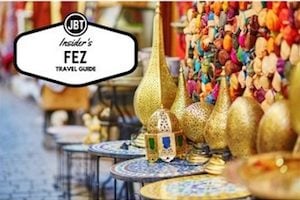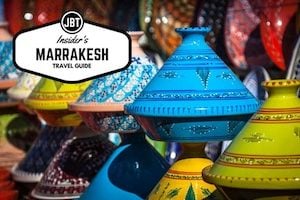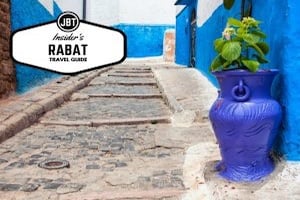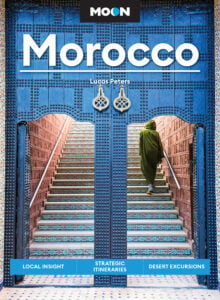Once the kingdom of the south of Morocco in its own right, Sijilmassa, known as the “Mesopotamia of Morocco” located near Risssani in the south, is a kingdom of lore in the oral history of the area’s Berber populations. The village was once a major stopping point on the Trans-Saharan trade route and the region even formed its own monetary system. Coins from the area have been located as far as Jordan and other countries in West Africa.
Sijilmassa was founded by the ever-rebellious Moroccan Berbers living in the southern region that wanted to form their own form of Islam, as they didn’t agree with the more orthodox practices of the more northern regions of Morocco. The area was quite wealthy mostly due to the very fertile Ziz River and the Rheris River that were slightly diverted to run through the area. The fertile region coupled with its importance as a stopping point along the Salt Road trail to West Africa meant that its power and importance grew rapidly, which is one cause that the city later became divided and why civil unrest and an eventual civil war led to its downfall.
Some recent scholars who have studied the area, namely one Dr. Ron Messier, are interested in the actual importance of the region. Some historians believe that Sijilmassa in Morocco was never really one, united ksour, but more a conglomeration of several ksours that simply lived along the river. The city would have been about 8 miles (about 15 KM) long from one point to the other. The gate to the city is located just past the Oued Ziz (Ziz River) on the north side of the city, known as Porte Errih, or Bab Errih.
The area is the home to the Alaouite Dynasty, who thought Sijilmassa as a shrine to their ancestry. Made into the capital of the Tifilalt region, the town’s main ksar hasn’t been restored to its grandeur, but the route is still visited by tourists doing the route touristique. Recently, the Moroccan Institute of Archeology and a State University in Tennessee in the US have funded a joint venture to uncover more relics from Sijilmassa’s past.








